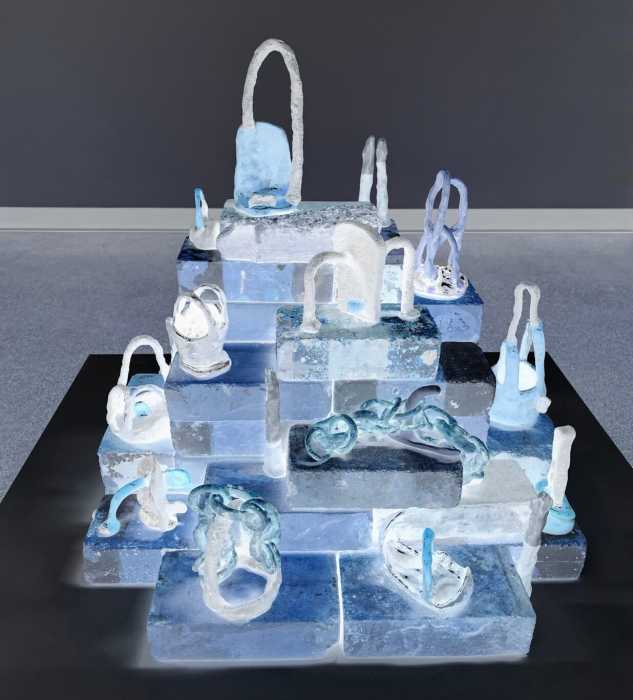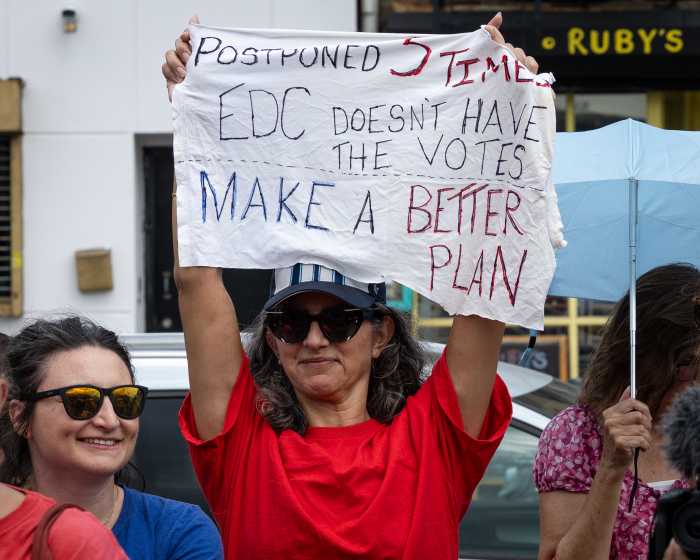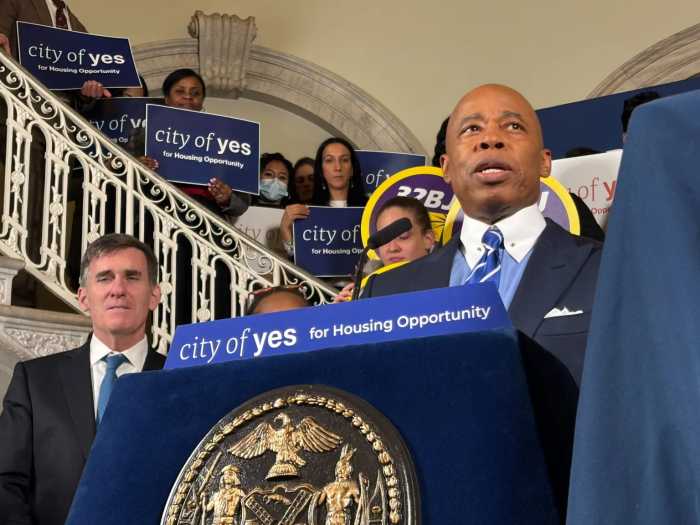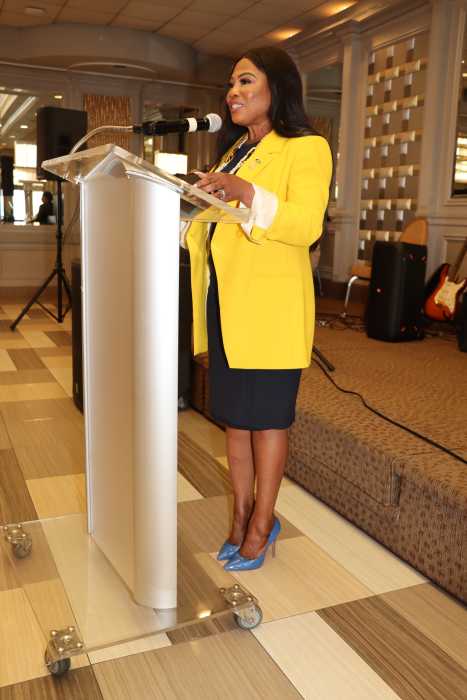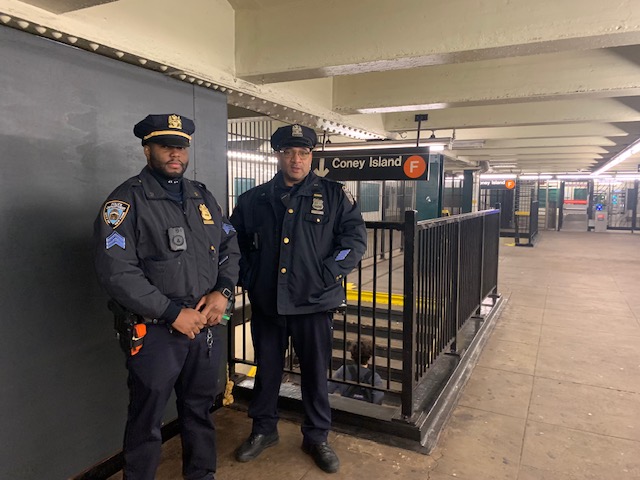Volume 5, Number 12 | March 23 – 29, 2006
Goodness and Perfection
The fencing is now complete, and the hopes that City Council Speaker Christine Quinn might forge a new policy reflecting progress on the issue of gays and lesbian participating openly in the annual St. Patrick’s Day Parade have faltered.
But having raised questions about the Irish-American lesbian speaker’s strategy last week, it is incumbent on us this week to acknowledge that her effort had considerable merit.
Believing that earning progress short of full victory, while offering the Ancient Order of Hibernians, long a bastion of anti-gay resistance, some face-saving might lead to a gradual “normalizing” of the issue in the next several years, Quinn adopted a bottom line that she would march if other gays and lesbians could participate with sashes, buttons, and other signifiers of their identity, even as she suspended a long-standing demand that gay groups also be allowed to carry their banners as others who turn out can do.
Several activists involved in the boycott of the parade for the past decade and more questioned whether any compromise was acceptable. Indeed a similar compromise suggested by then-Mayor David Dinkins but never signed off on by the Hibernians led to an ugly scene in 1991 when the crowds on hand booed the mayor’s contingent—and worse. Subsequent to that spectacle, gay groups were shut out completely. So it is not surprising that activist Ann McGuire told us this week she was not prepared to ever compromise again.
But there is a hard political reality weighing against that principle—the parade boycott, though honored by many influential Democrats, no longer stirs much on-the-ground support by the LGBT community. The number of parade protesters has dwindled over the years dramatically. The merit of ethical principles of course should never be measured by their popularity, but it is also true that effecting change happens in a variety of ways. With the potency of grassroots visibility waning and the symbolic value to the organizers of having an Irish-American City Council speaker march so great, it is quite possible that Quinn’s approach could get the community to an equal footing in the parade faster than by any other route available.
In any event, the Quinn proposal was rejected—and that has likely strengthened her hand for next year. Reportedly, some Hibernians initially voiced receptivity to an approach that could put the issue behind them. (Quinn told Gay City News that for the majority of New York Irish Americans, it is not simply a matter of putting the dispute behind them, “but of getting egg off their faces.”) Yet, in a spectacularly ugly rant quoted in today’s Irish Echo, parade chair John Dunleavy rejected any bid for visibility on the part of LGBT marchers, comparing their participation to that of neo-Nazis in an Israeli parade, Klanners at a Harlem event, and Irish prostitutes on March 17.
So who loses the PR battle here? Quinn looks the very model of earnest effort-making in service to ending bitter divisions, while Dunleavy must certainly have hurt his standing with his fellow Hibernians, never mind the wider thinking public of New York City.
Can the AOH possibly continue in the years to come to hold its hard line in the face of reasonable proposals for progress from Speaker Quinn?
As members of our community make the sorts strides toward the center of public life that Quinn has achieved, they will constantly be challenged by the rest of us to prove that they continue to hold our interests central to their agendas. That is fair, and Quinn’s comments to us this week reflected her acknowledgment that this will inevitably happen.
At the heart of any community’s agenda is the achievement of perfect equality, and yet of course perfection can at times be the enemy of the good. And there was much that was good in this year’s renewed effort to solve the St. Patrick’s Day problem that has long plagued New York.
Erin Go Bragh!
gaycitynews.com








